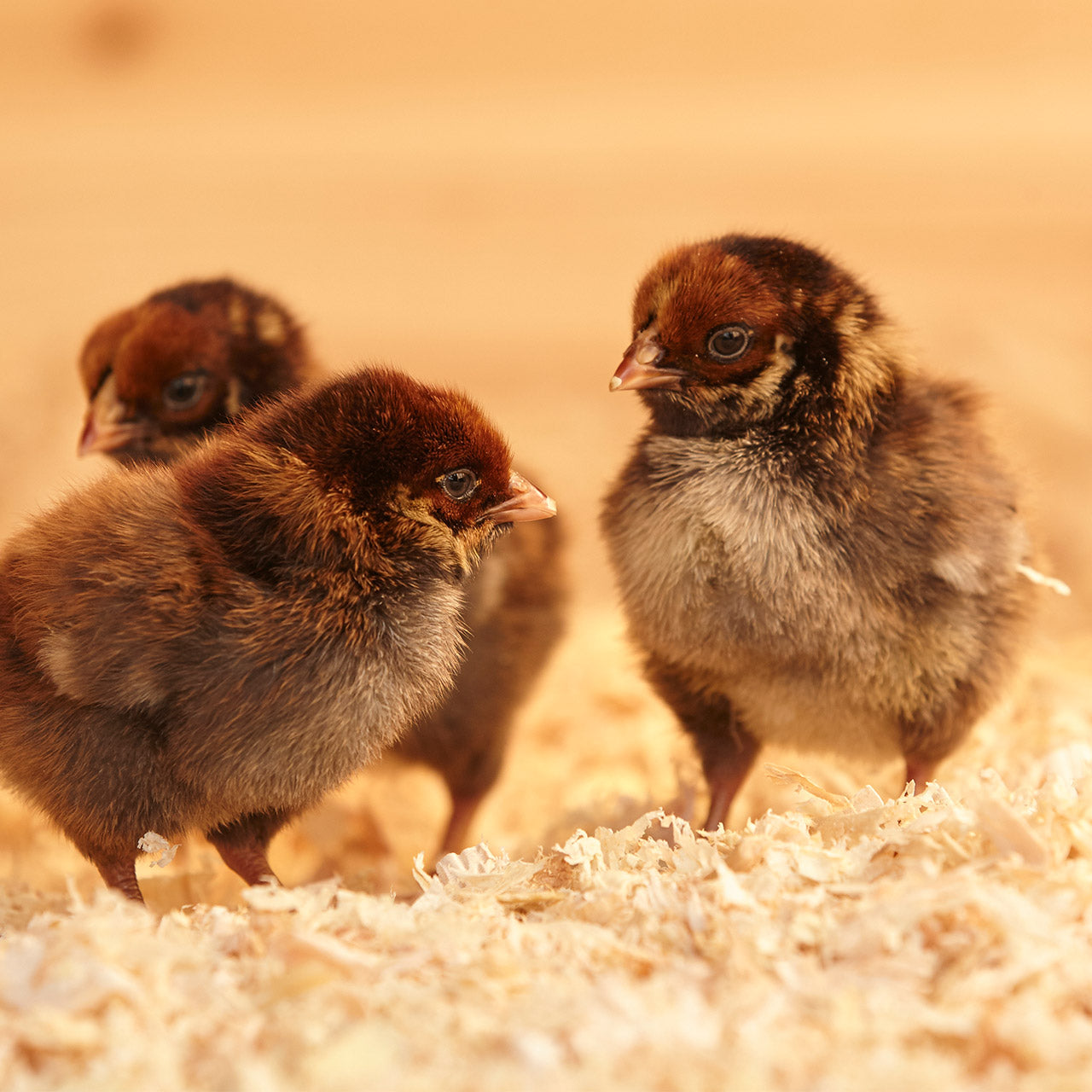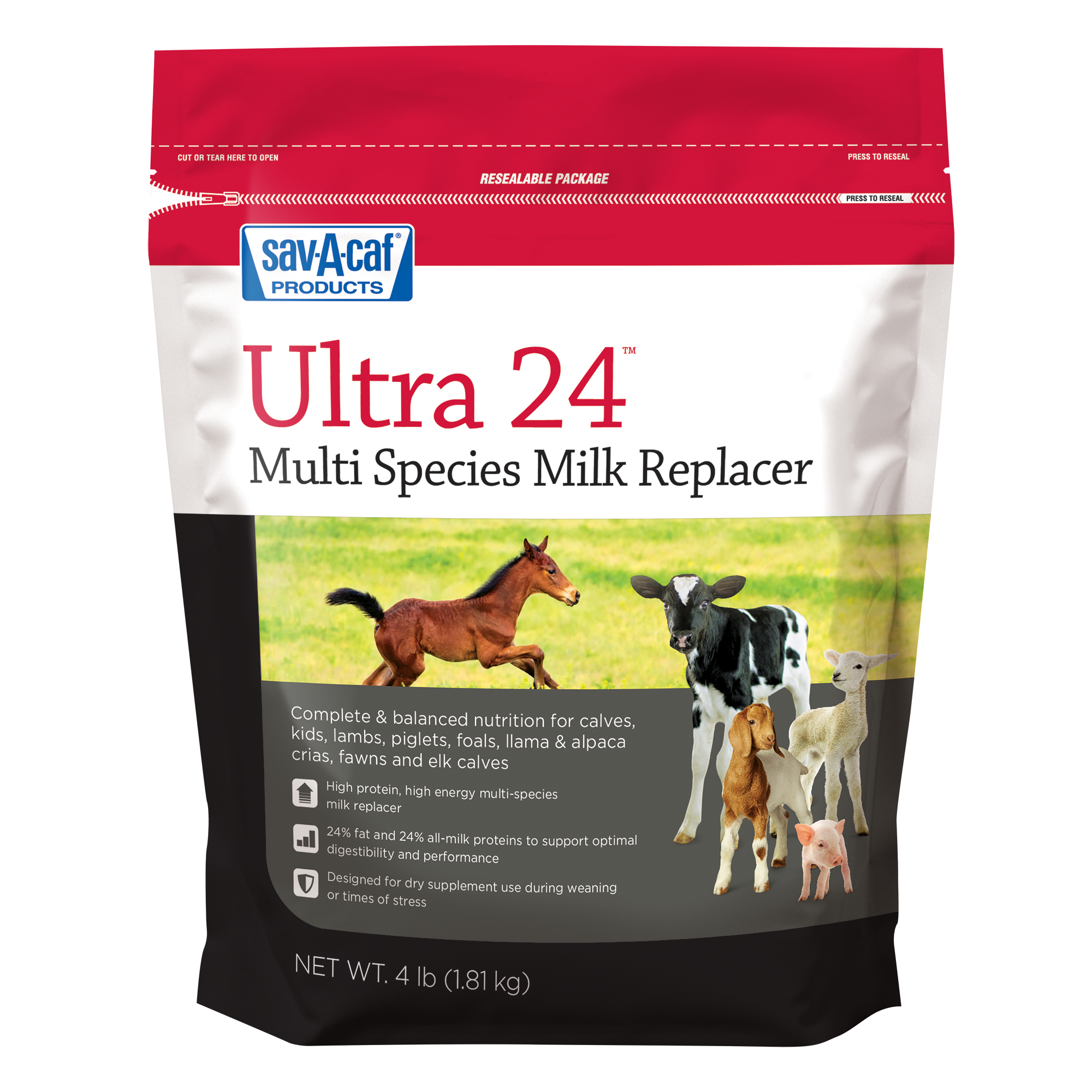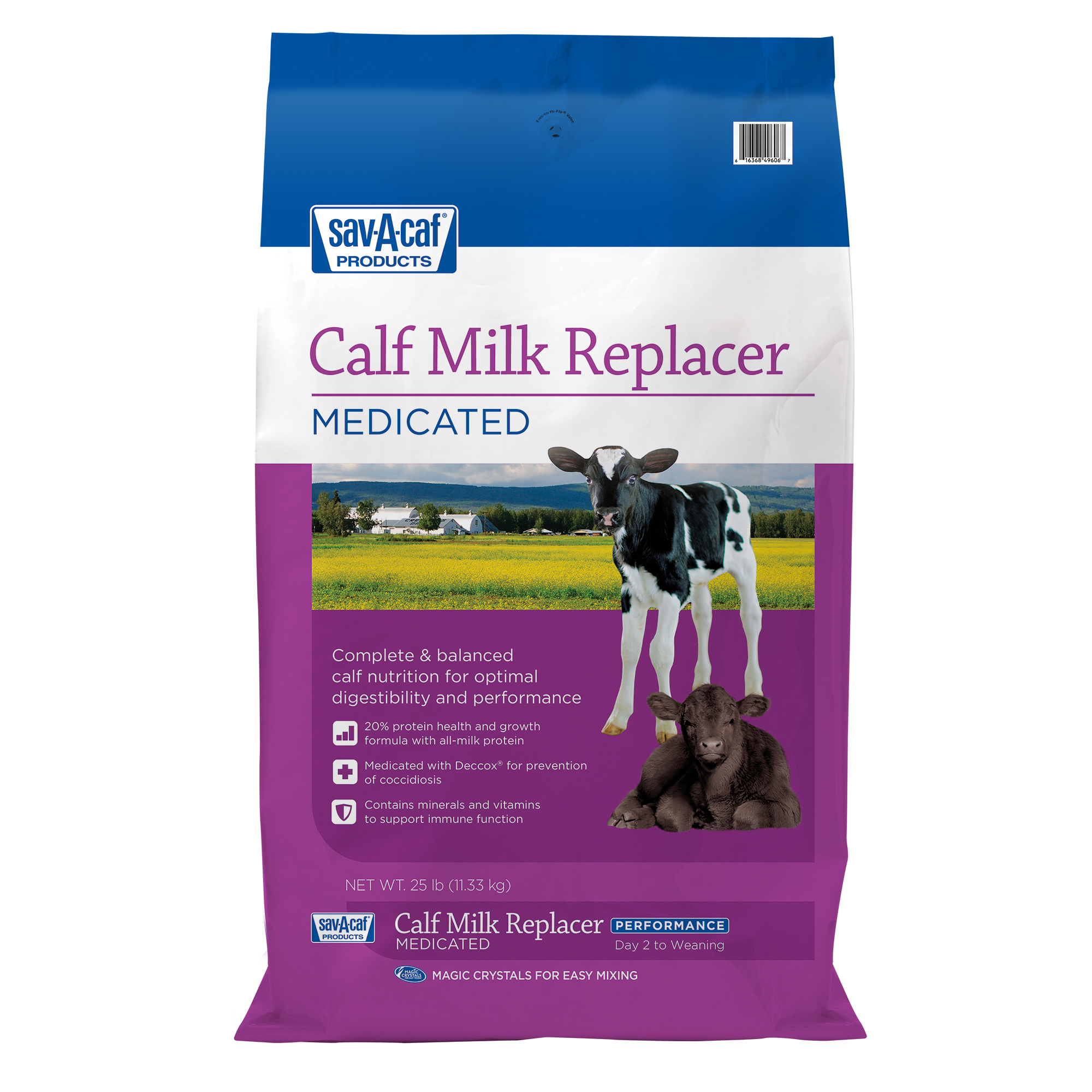
Simple tips for healthy chick nutrition
When it’s time to expand your flock, whether you’re hatching eggs or introducing newborn chicks from a hatchery or local farm store, you must provide them with the proper nutrition to thrive. What exactly is the “proper nutrition” for your new baby chicks? These tips will provide you with the information necessary to get your babies off to the best start.
1. Know about H2O
Chicks are born thirsty. Even though they are able to survive for two to three days on stored energy reserves, they should have access to clean, fresh water at all times. When they first arrive, they won’t know where and how to get water so dip their beaks into the waterer to help them learn.
Fifty chicks will require around one gallon of water during the first week. Their needs change quickly, however, and will require one gallon per every 10 chicks by just the second week.
2. Prepare for stressful times
If hot weather or times of stress threaten your birds’ hydration, ensure your chicks stay hydrated with an electrolyte supplement. With Sav-A-Chick® Vitamin & Electrolyte Supplement, your chicks’ hydration is made easy. Simply mix one packet of the supplement with one gallon of water in your waterer while offering plain water at the same time.
Sav-A-Chick® Probiotic Supplement is also helpful in times of stress. This supplement will help build a diverse population of beneficial bacteria in their digestive system and can help prevent diarrhea. Mix each packet with one gallon of clean, cool water. This can be used in conjunction with Sav-a-Chick Vitamin & Electrolyte Supplement in the same waterer.
3. Know your flock’s need for feed
While it’s important to keep your flock hydrated, it’s also important to know what to feed your growing chicks. A commercial chick starter feed concentrate will provide the best nutrition and should be offered free-choice from the first day.
Make sure your feeders allow 1-2” of linear space per bird in the first two weeks and 3-4” per bird at six weeks of age. Chicks may have some trouble differentiating feed and shavings initially. To help them determine the proper source of nutrition, spread some feed on newspaper or cardboard laid over the bedding.
Now that you know the basics to get your baby birds started, read more about nutrition and care tips for your flock.



